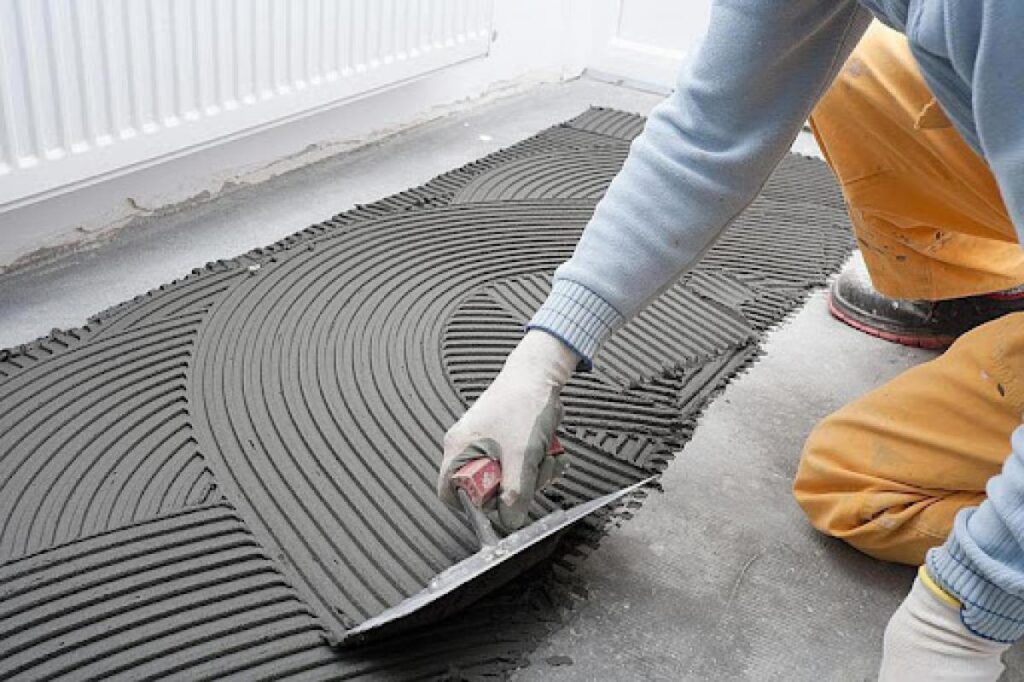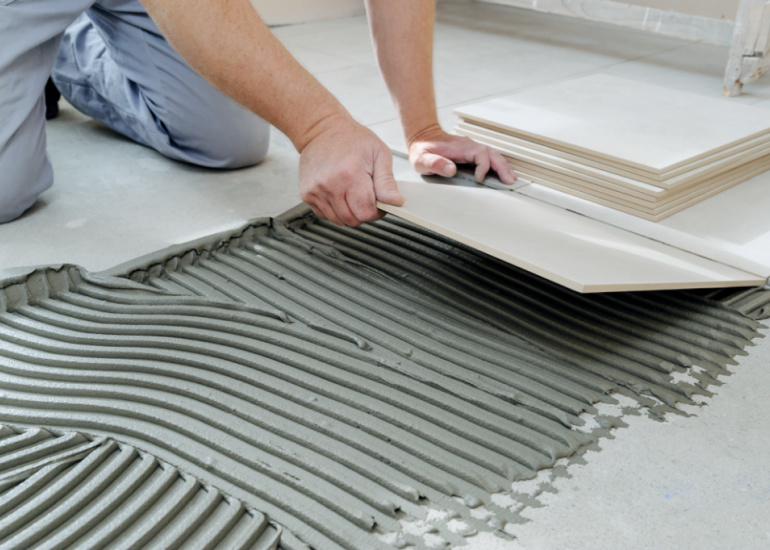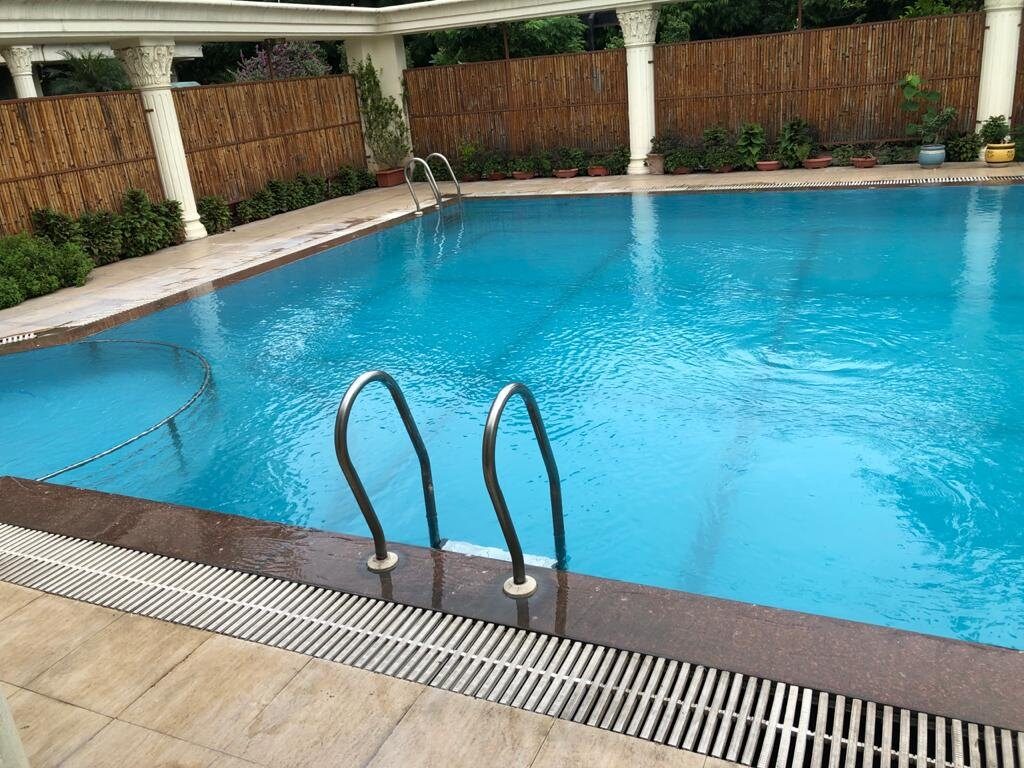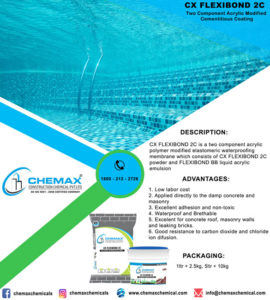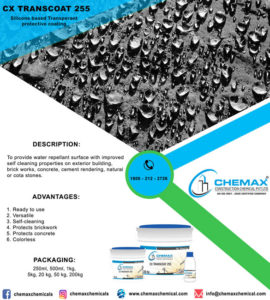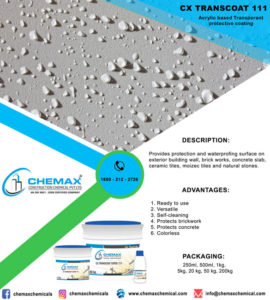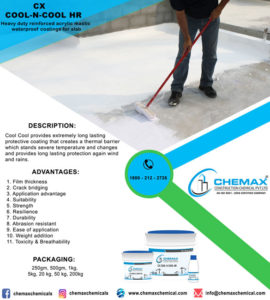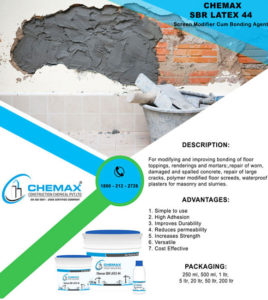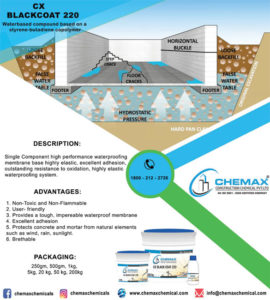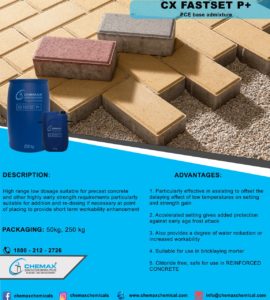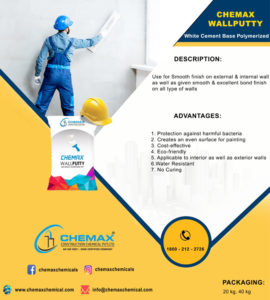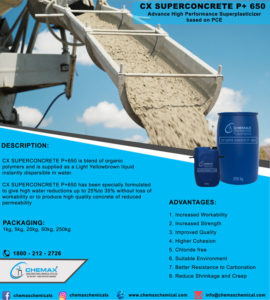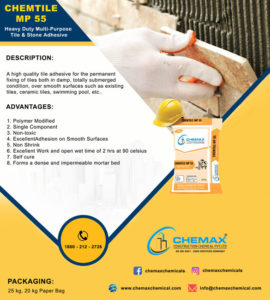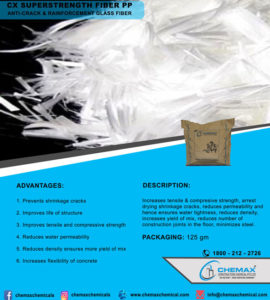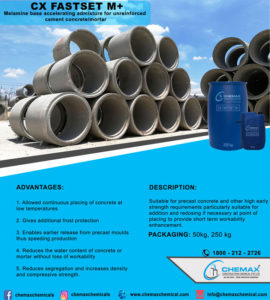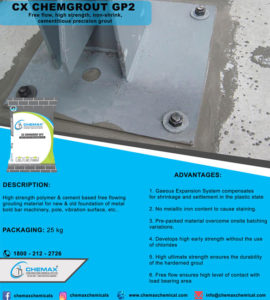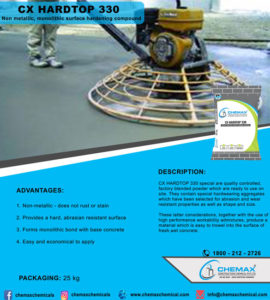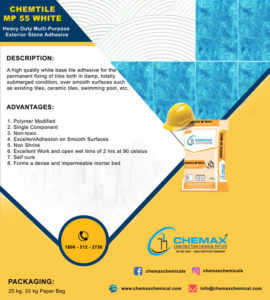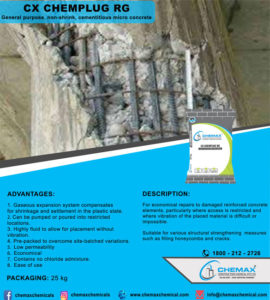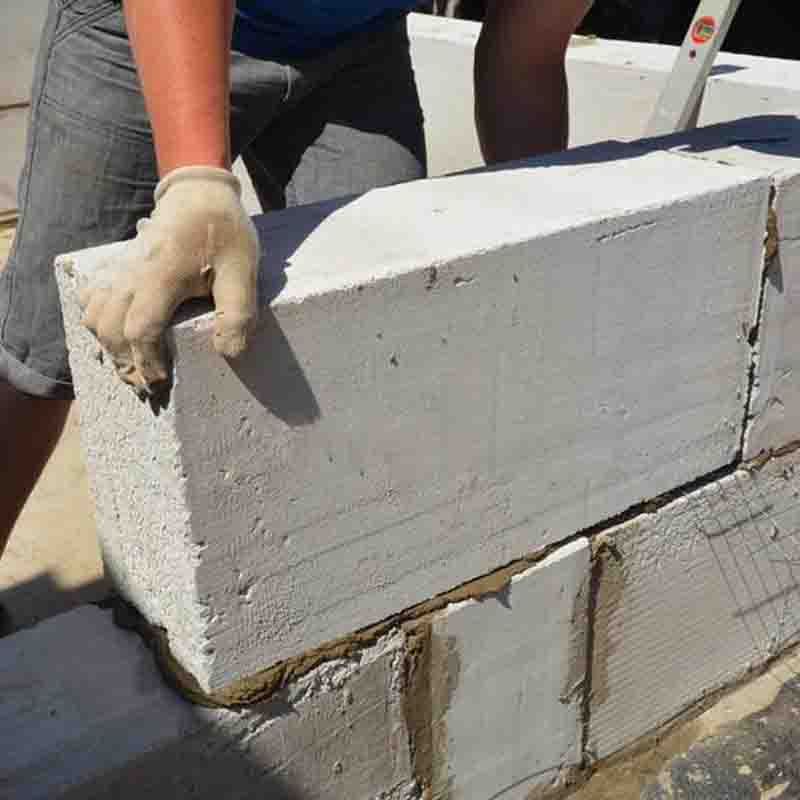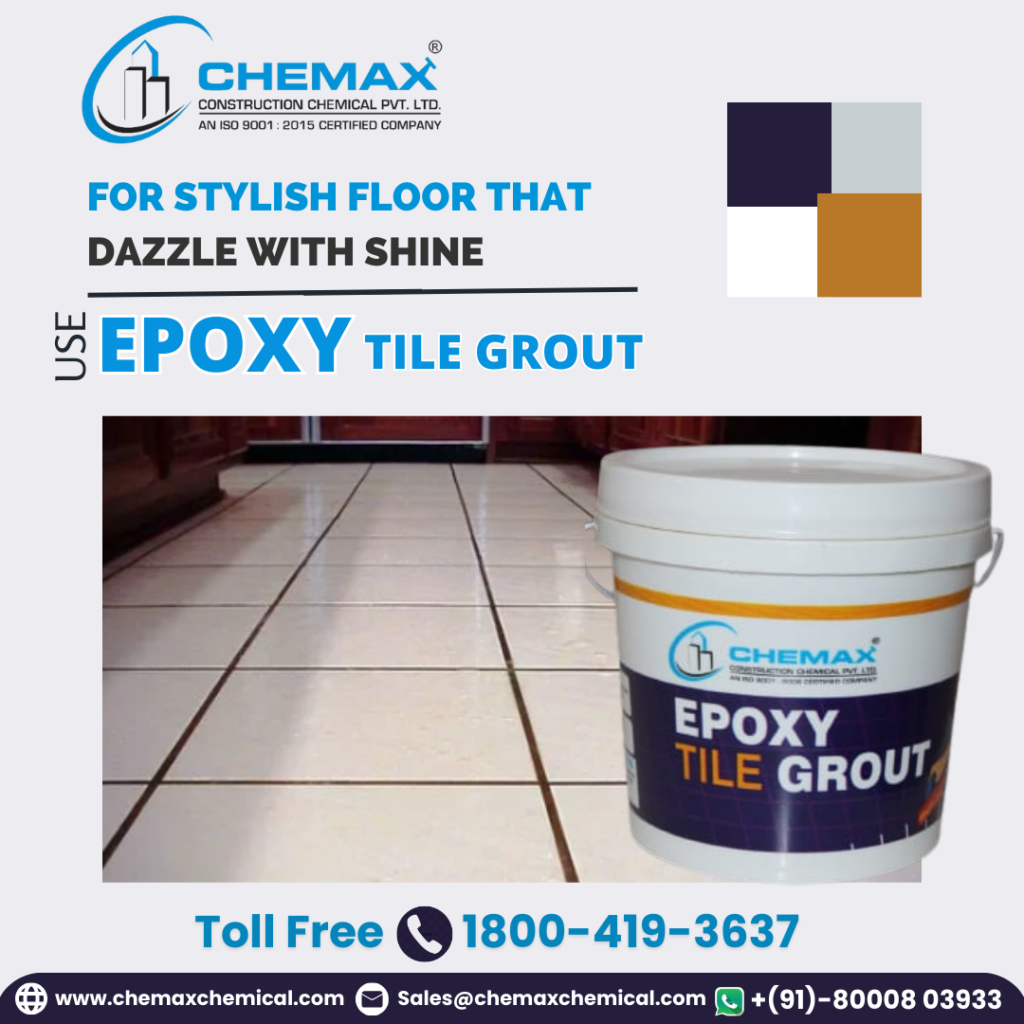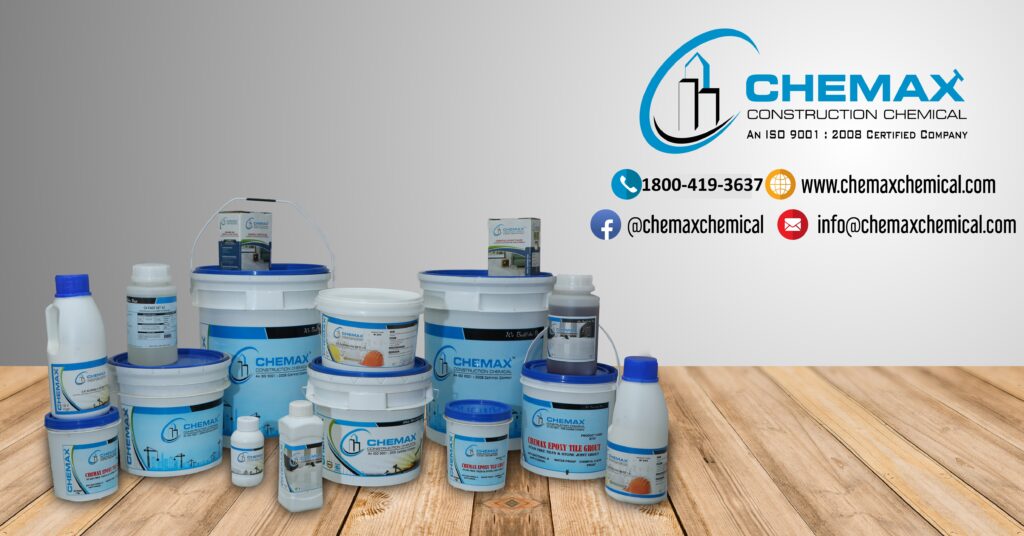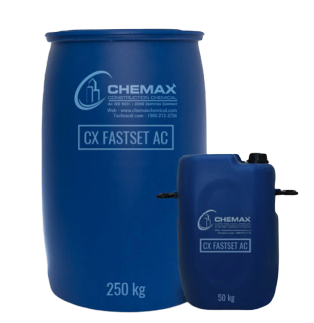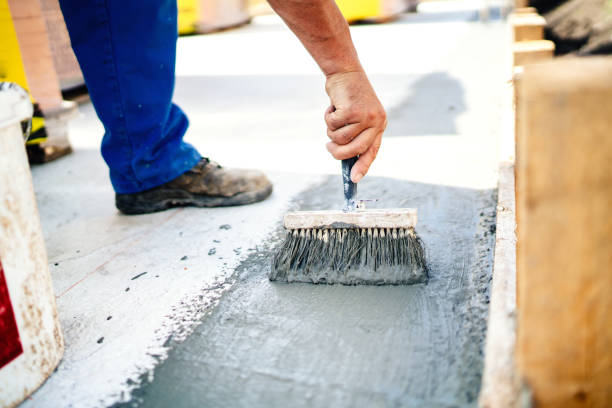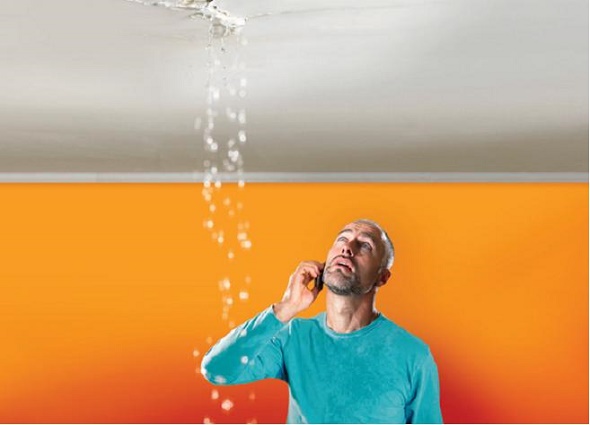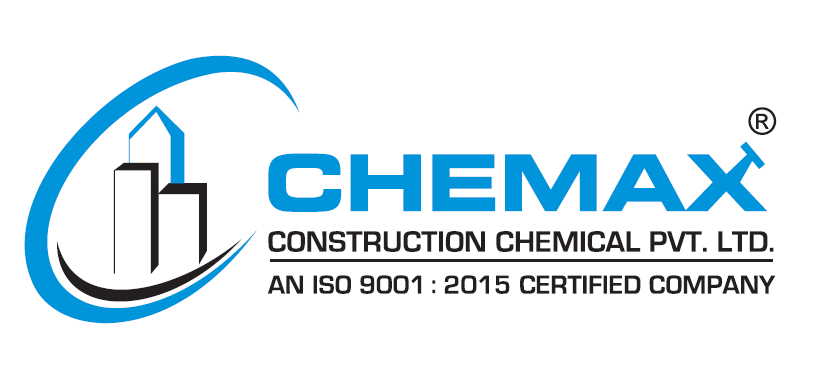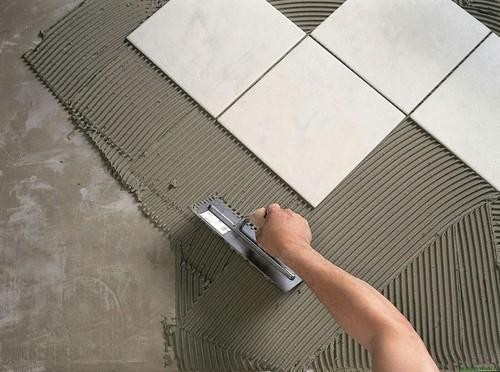Right Tile Adhesive for Your Project
Making the right tile adhesive choice is essential to the longevity and success of your tiling project. With so many options on the market, each tailored to particular materials and applications, it’s critical to make an informed choice. This thorough guide will go over the important things to think about when selecting a tile adhesive for your project, giving you the know-how you need to produce polished and long-lasting results.
Knowing Tile Types and Materials:
You need to know the kinds of tiles and materials you’ll be using before you can choose an adhesive. Certain tiles, like those made of ceramic, porcelain, glass, and natural stone, have special qualities that call for particular adhesives. We’ll examine which adhesives work best with different kinds of tiles so you can choose wisely.

Understanding the Fundamental Types of Tile Adhesive:
There are several kinds of tile adhesives on the market, such as epoxy, mastic, and thin-set mortar. Every variety has benefits and drawbacks. We’ll go over the characteristics of each type of adhesive, talk about appropriate uses for each, and point out situations where one kind of adhesive might work better than another.
Taking Conditions and Substrates into Account:
When choosing an adhesive, it’s important to take into account the substrate—the surface that you will be applying tiles to. We’ll investigate how various substrates, including pre-existing tiles, cement backer board, and drywall, affect the performance of the adhesive. We’ll also talk about how temperature and humidity affect your adhesive choice and other environmental factors.
Application Methods and Equipment:
Selecting the right adhesive alone won’t guarantee a successful tile installation; using the right application methods is essential. The equipment and techniques for applying tile adhesives that guarantee a strong, seamless bond are covered in this section. From choosing the right trowel to applying the material correctly, we’ll walk you through the entire process.
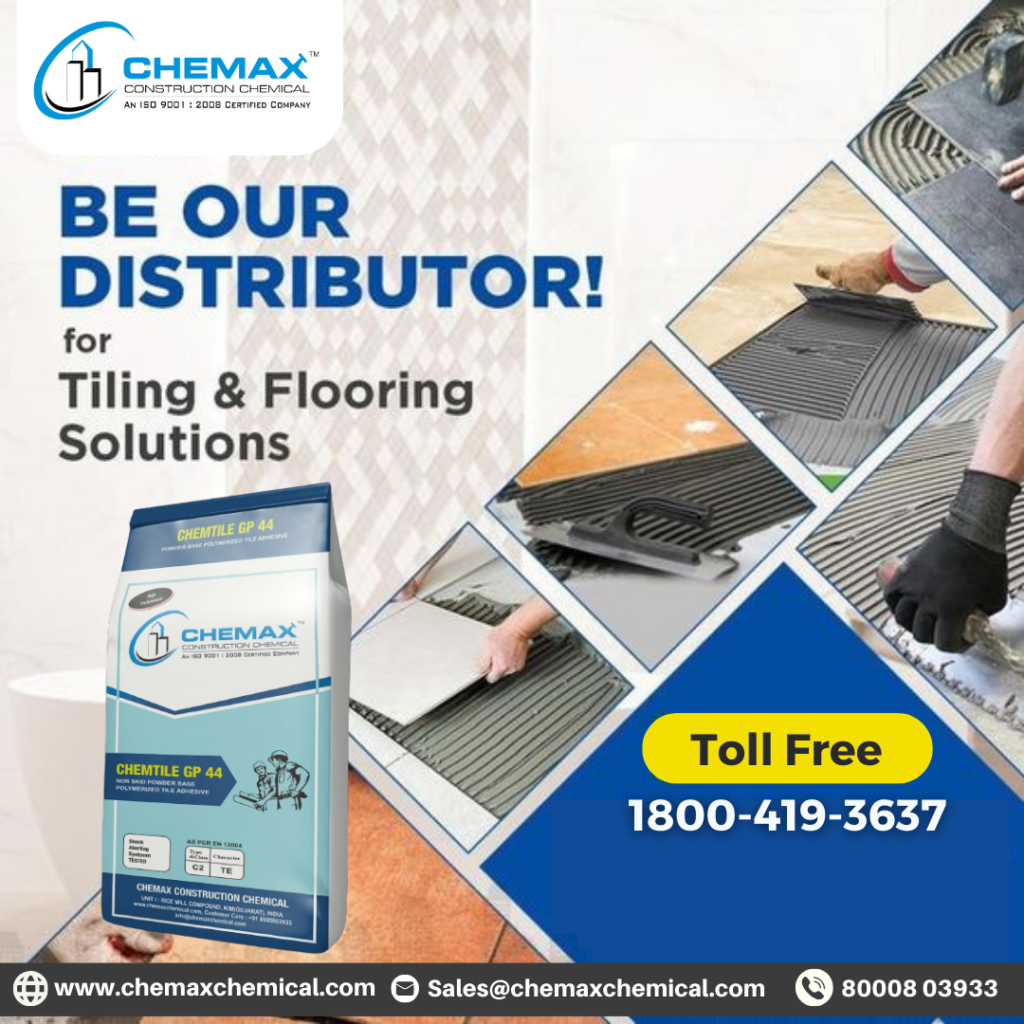
Waterproofing Considerations:
To avoid substrate damage and guarantee the longevity of the installation, waterproofing is crucial in moist areas like bathrooms and kitchens. We’ll talk about the function of waterproof adhesives and how crucial it is to use them in particular situations to protect your project from problems caused by water.
Choosing Adhesives for Specialized Projects:
Certain projects, like those involving large-format tiles, vertical installations, or outdoor applications, call for specific adhesives. We’ll discuss the particular difficulties brought about by these situations and suggest sealants made to successfully handle these difficulties.
Adhesive Curing and Setting Times:
Knowledge of the various adhesives’ curing and setting times is essential for project planning and implementation. We’ll outline the variables affecting these windows of time and offer management advice to guarantee a smooth and effective tile installation.
Common Errors to Avoid:
Errors can occur even when one has the necessary information. We’ll point out typical mistakes made when choosing and applying adhesive, assisting you in avoiding pitfalls and producing a polished finish.
In conclusion,
Choosing the right tile adhesive is an important step in the tiling process that will affect the longevity and overall success of your project. Making well-informed decisions that result in a flawless and durable tile installation can be achieved by taking into account substrates, adhesive options, tile types, and application techniques. With the information from this thorough guide, you’ll be ready to take on your next tiling project with assurance.

